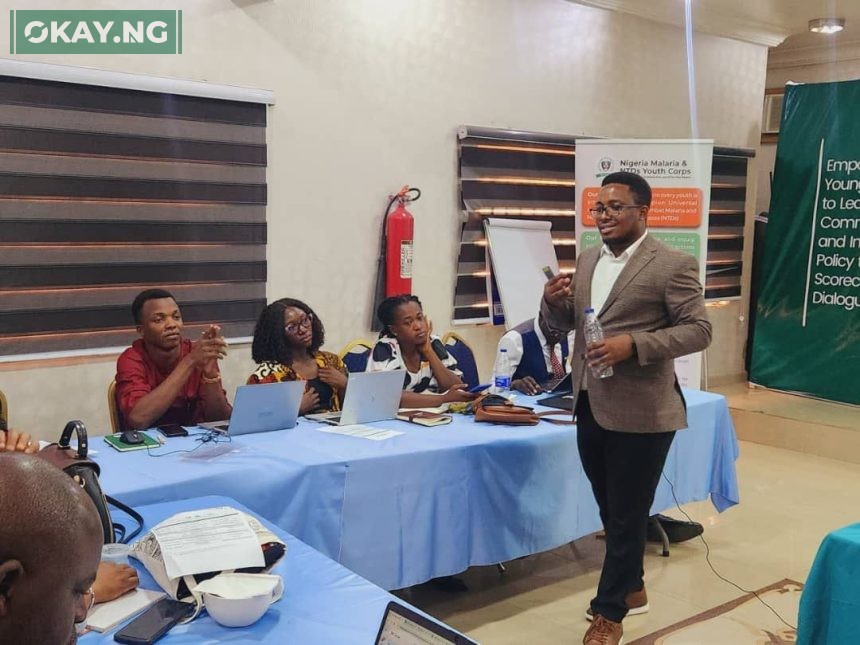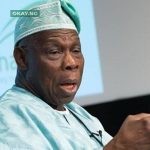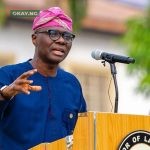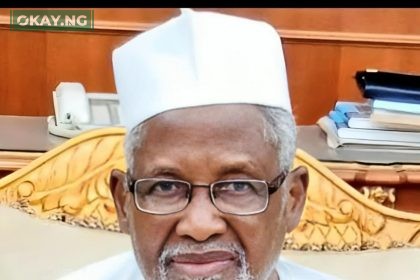Health sector stakeholders have convened in Abuja, urging Nigerian youth and women to actively participate in the national effort to eradicate malaria. The engagement meeting, organized by the African Leaders Malaria Alliance (ALMA) in collaboration with The Global Fund and Malaria and NTDs Youth Corps, highlighted Nigeria’s concerning status as the leading country in malaria infections, accounting for over 25 percent of global deaths, according to WHO statistics.
Aloyce Urassa of ALMA emphasized the organization’s ongoing work in providing malaria services and advocacy, utilizing various communication channels, including sports, to reach communities. He acknowledged the multifaceted challenges hindering malaria eradication, such as climate change, funding limitations, drug resistance, emerging mosquito species, and humanitarian crises leading to increased vulnerable populations.
A representative from the Federal Ministry of Health, Chinyere Nkobie, stressed the need to examine why malaria persists despite significant resource allocation. She advocated for integrating a gender perspective into malaria interventions to understand why women and children, the most vulnerable groups, may not be accessing available healthcare. Nkobie pointed to gender norms and cultural factors as potential barriers hindering access.
Beeve Hua of the Nigeria End Malaria Council commended the initiative to incorporate a gender component into the fight, expressing optimism about harnessing the energy of the youth to make malaria a thing of the past. Participants collectively echoed the sentiment that a unified effort, involving all segments of society, particularly youth and women, is crucial to achieving a malaria-free Nigeria.
The stakeholders’ call to action underscored the urgency of a collaborative approach, emphasizing that individual and collective responsibility, particularly among youth and women, is vital in accelerating progress towards zero malaria in Nigeria.













